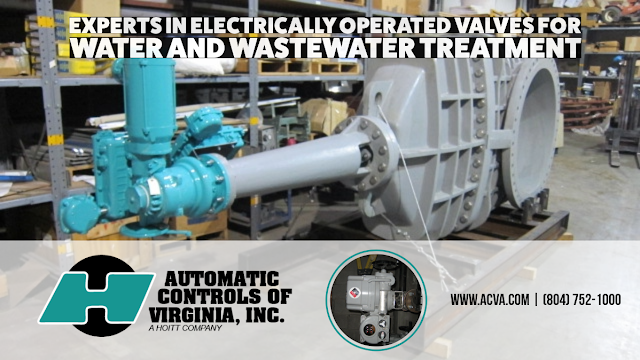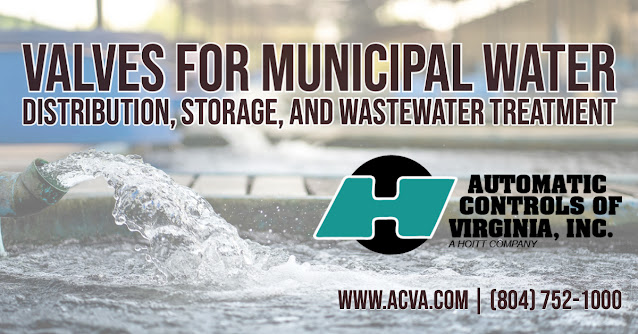One of the primary reasons to partner with an experienced company is their ability to provide expert guidance in selecting the proper actuator for each specific application. Water and wastewater treatment facilities utilize various valve types and sizes, each with unique requirements. A company with a proven track record will have the knowledge and expertise to recommend the most suitable actuator based on factors such as valve size, type, torque requirements, and environmental conditions, ensuring that the actuator will perform optimally and reliably, minimizing the risk of costly downtime and maintenance issues.
Moreover, an experienced company will have the capability to truly understand and cater to the specific needs of each application. Off-the-shelf actuators may not always be the best fit for every valve or system, and modifications may be necessary to ensure proper functionality and longevity. A company with a history of excellence in the field will have the engineering expertise and resources to make these modifications, ensuring that the actuator seamlessly integrates with the existing valve and control systems. This level of customization can significantly improve the overall efficiency and reliability of the treatment process, making you feel understood and catered to.
In addition to their technical expertise, a company with years of demonstrated excellence in the water and wastewater industries will also have a deep understanding of the unique challenges and regulations that these facilities face. They will be well-versed in industry standards, such as those set by the American Water Works Association (AWWA) and the Water Environment Federation (WEF), and will ensure that their actuators meet or exceed these requirements. This knowledge is particularly valuable when navigating the complex regulatory landscape and ensuring compliance with environmental and safety regulations, making you feel secure and protected.
Another benefit of working with a reputable company is their commitment to quality and reliability. A company with a proven track record will have established rigorous quality control processes to ensure that every actuator meets the highest performance and durability standards. They will also have a dedicated support team to provide ongoing technical assistance, troubleshooting, and maintenance services. This level of support is essential for minimizing downtime and ensuring the long-term reliability of the actuators and the overall treatment system.
In conclusion, selecting and working with a company that has years of demonstrated excellence in specifying, sizing, modifying, and applying electric valve actuators is crucial for the success of water and wastewater treatment facilities. Their expertise, customization capabilities, industry knowledge, and commitment to quality and support make them invaluable partners in ensuring these critical systems' efficient, reliable, and compliant operation. By partnering with such a company, water and wastewater treatment facilities can optimize their processes, minimize downtime, and provide the highest quality of service to their communities.
Automatic Controls of Virginia (ACVA) has been a trusted name in the water and wastewater industry for decades, successfully applying and installing electrically operated valves throughout the Delmarva region. With their extensive experience and expertise, ACVA has become the go-to provider for municipalities, utilities, and private enterprises seeking reliable and efficient valve automation solutions. Their team of skilled technicians and engineers profoundly understands the unique challenges faced by water and wastewater facilities in the region, enabling them to recommend and implement the most appropriate valve actuation systems for each application. From the initial consultation and design phase to the final installation and commissioning, ACVA has consistently delivered exceptional results, contributing to the smooth operation and long-term success of countless water and wastewater treatment projects across Delaware, Maryland, and Virginia.
Automatic Controls of Virginiahttps://acva.com
(804) 752-1000

